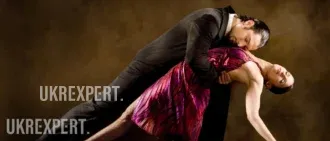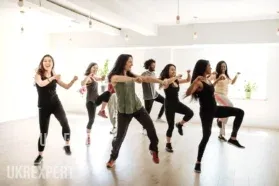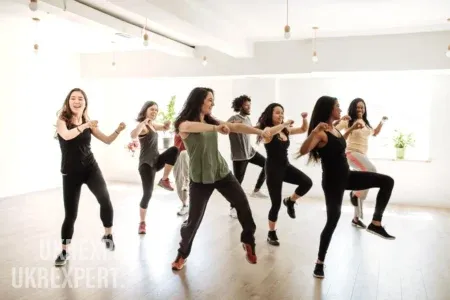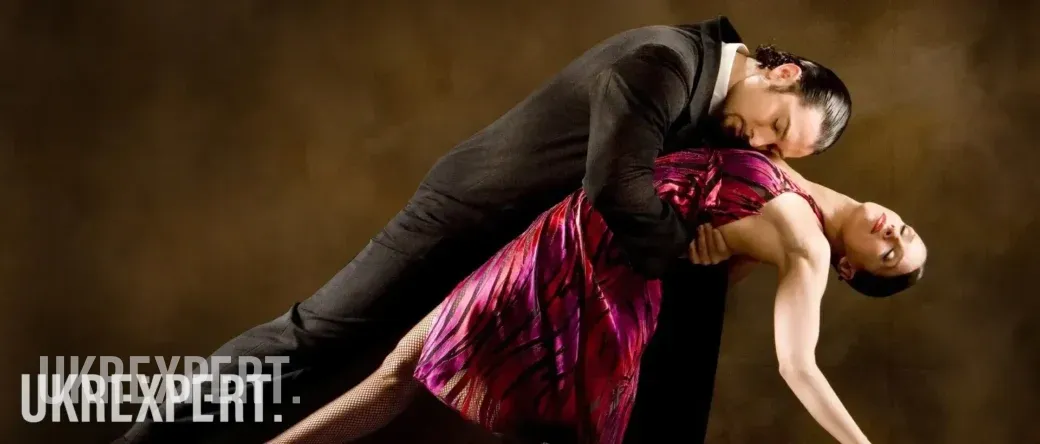
25 interesting facts about tango. Where did the tango dance come from and the meaning of the dance

Tango is a style of dance and music that originated in the early 20th century in Buenos Aires, Argentina. It has deep roots in the culture of the Argentine people, and its style can vary from region to region. The dance impresses with its passion, emotionality, and expressiveness.
The dance can be performed both in pairs and in a group. It requires interaction and a sense of community between partners. Over time, tango has spread all over the world, and has become popular among dancers, music and culture lovers alike.
The history of the tango
Tango originated in the late 19th century in the working-class neighborhoods of Buenos Aires as an urban folkloric dance that reflected the hard life of immigrants coming from Europe, Africa, and other parts of the world. These working-class neighborhoods were a meeting place for different cultural influences, and immigrant music and dance interacted.
There are several versions of how the tango was formed. One legend claims that the dance originated in different ethnic groups such as Spaniards, Italians, Africans, and others who danced together and exchanged musical ideas. Another version links it to dances performed in brothels or dance halls. These places were social centers where different classes and cultures met, and this is where the tango gained its unique energy and style. Try practicing at home by watching a simple video tutorial for beginners.
25 unusual facts about tango
The dance is defined by its complex rhythm, passionate movements and powerful contact between dancers, which makes it a unique and inimitable art of self-expression. We invite you to learn 25 incredible facts about tango:
- Its name comes from a slang expression in Spanish meaning “city dance”.
- The first versions were influenced by Italian tarantella, Spanish flamenco, and African rhythms.
- For a period of time, the dance was declared immoral and banned in some societies.
- Tango absorbs elements of dances such as milonga, cantale, and others.
- Music for the dance is traditionally performed on the bandoneon, an accordion that has become a characteristic instrument for this genre.
- Many movements in tango require dancers to improvise and interpret the music in their own way.
- The dance is a symbol of passion and exoticism in literature and cinema.
- There are modern variations that include electronics and fusion with other musical genres.
- In 2018, tango was included in the Youth Olympic Games program for the first time.
- It is mentioned in the works of popular writers such as Gabriel Garcia Marquez.
- In 2009, the dance was recognized as an inherited cultural heritage of humanity by UNESCO.
- Tango is sometimes used as a therapeutic tool to improve physical and emotional well-being.
- Some cities, such as Buenos Aires and Monte Carlo, are famous for their tango festivals and dance communities.
- Additional instruments in tango music are the piano, violin, and double bass.
- In 2016, a Guinness World Record was set in Argentina for the longest mass dance, with thousands of couples participating.
- There are three types of dance: Argentine, international, and American, each with its own unique movements and styles.
- The dance appears in films such as Tango Bar (1988) and Welcome to Buenos Aires (1996).
- Dance is often called “body language” because it allows dancers to express a wide range of emotions and feelings.
- The art has a strong focus on intimate physical contact between partners, especially in movements such as the “abrazo” (hug).
- The dance has a characteristic 2/4 rhythm, which gives it an expressive and energetic character.
- The activity is considered beneficial for physical health, improving coordination, flexibility, and muscle tone.
- One of the distinctive features of the dance is the unusual footwork of the dancers, which adds grace and elegance.
- There are variations of the dance that are performed in a confined space, such as a parking lot or an underpass, which is called “chamber tango.”
- After Juan Perón was appointed president of Argentina in 1946, the tango became the official dance of the country.
- Tango is a popular choice for weddings and celebrations, where couples learn the basic steps to impress guests.
This dance is seen not only as a form of entertainment, but also as an artistic expression that conveys feelings of love, loss, and melancholy.
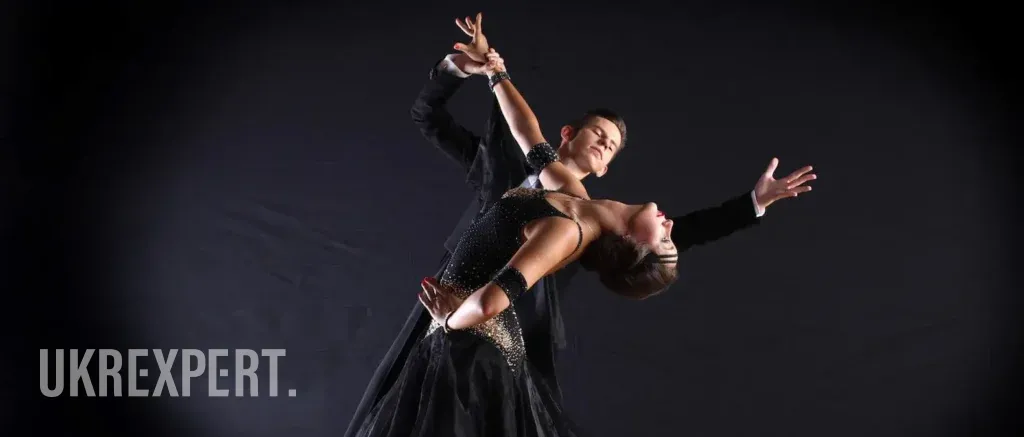
Read also our article: What is Zumba and how is it useful? 7 reasons to do Zumba
The meaning of the tango dance
The meaning of dance can vary for each couple, but in general it embodies several key aspects. Tango allows dancers to express feelings through movement and music. From embraces to soft steps, every movement of the dance is emotionally intense.
Physical contact between partners is an important part. Working together on movements, embraces, and turns requires a lot of interaction and trust. Partners need to hear each other and adapt their movements to the rhythm of the music and their mutual feelings.
These aspects make dance not only a work of art, but also a way of communicating, expressing feelings, and even a method of self-discovery.
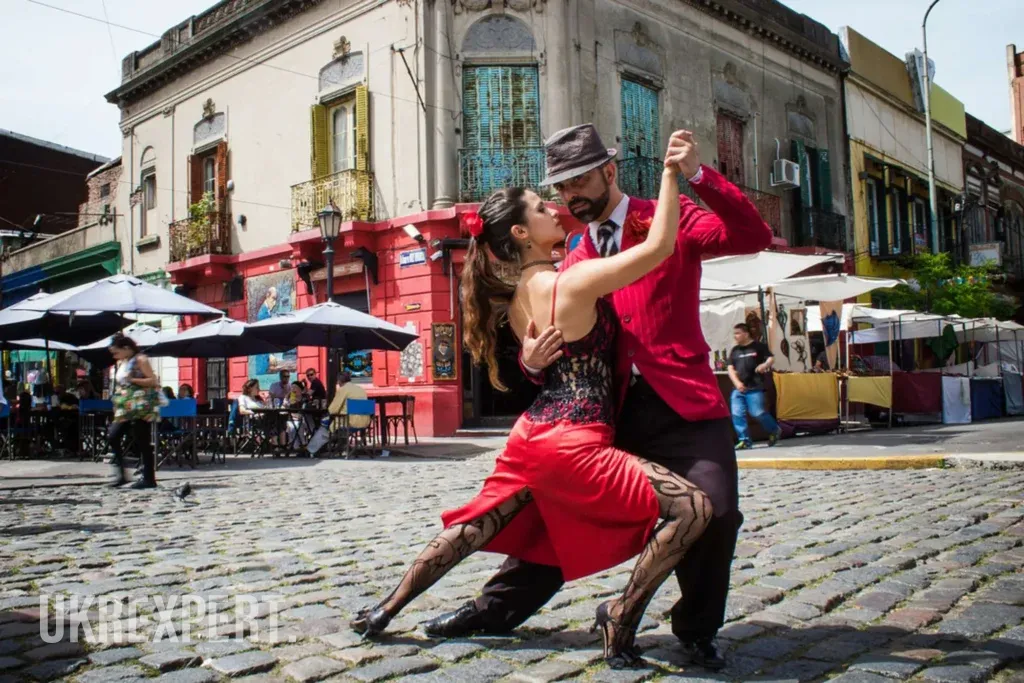
Conclusions
Created in the poor neighborhoods of Argentina, this dance has become not only a symbol of local culture, but has spread around the world, winning hearts and inspiring generations.
Tango helps dancers express deep emotions such as love, longing, and solidarity through movement and embrace. Dance is not only a physical dialog between partners, but also a way to express one’s individuality and creativity.
Previously, we wrote –about what zumba is and how it is useful: 7 reasons to do Zumba.
Questions and answers about tango
The main countries that influenced the development of tango are Argentina and Uruguay, where this dance originated. Immigrants from Italy, Spain, and Africa also had a great influence.
Argentina, Uruguay, France, and Italy are countries where tango festivals are regularly held.
Argentine tango emphasizes improvisation and intimacy between partners.
The tango has become an important part of Argentine opera, particularly in Astor Piazzolla’s Maria de Buenos Aires.
Dancers often dress in elegant suits for men and exquisite dresses for women.
The author of the Portal UKRexperts
Співпраця - текст
We are sure that knowledge should be accessible to everyone, and that is why UkrExperts strives to be your first choice when it comes to enriching intellectual potential.
